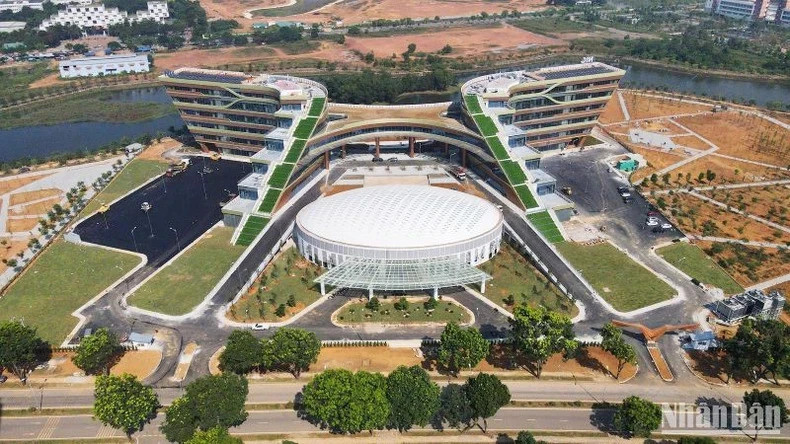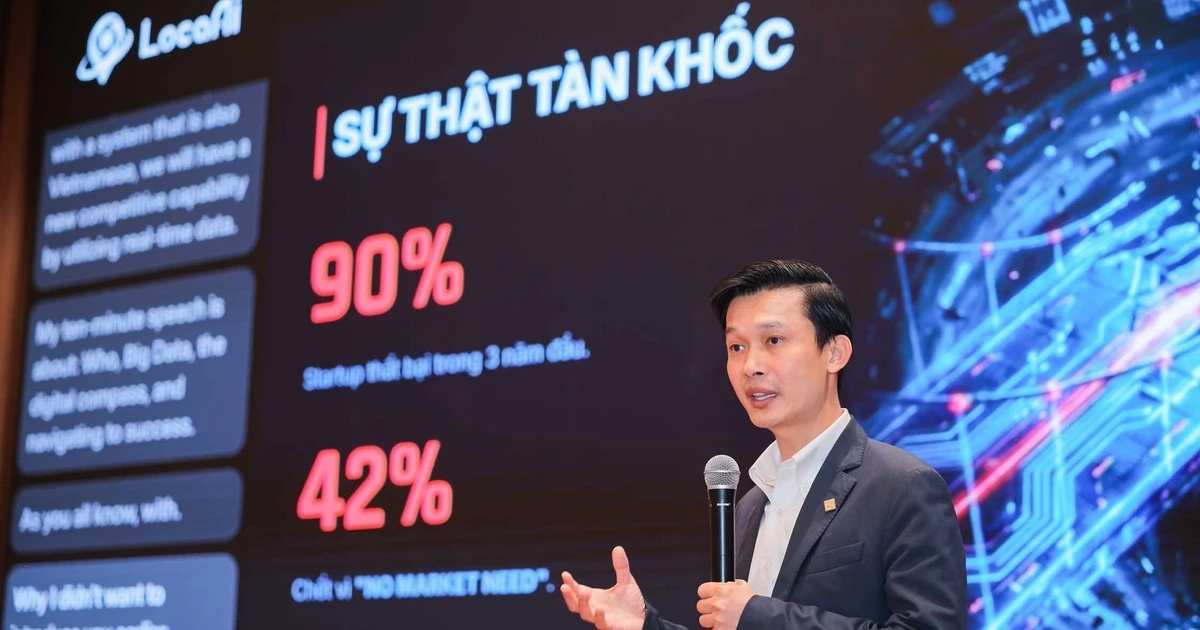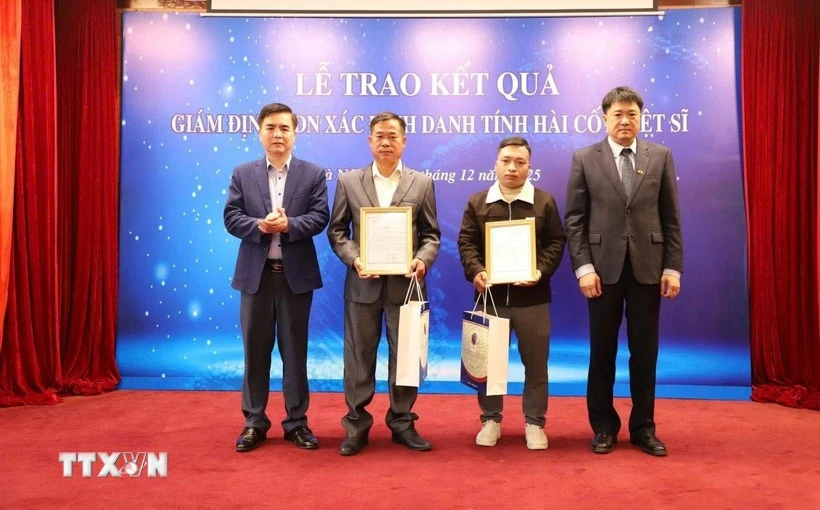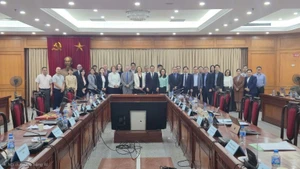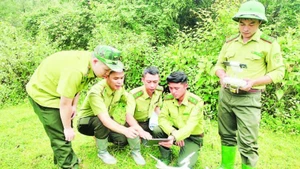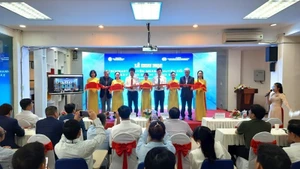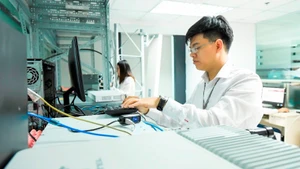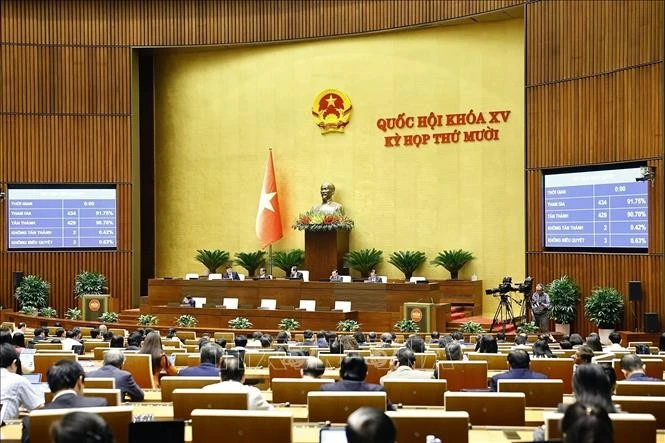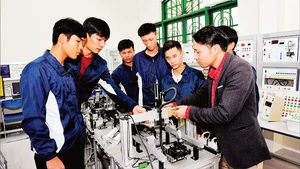Not long after that, the COVID-19 pandemic suddenly occurred, causing comprehensive changes in all fields, from economics, politics, and society to security on a global scale.
The pandemic caused huge damage but also created an unprecedented impetus for the development of new economic sectors, based on artificial intelligence (AI) and technology. In that context, the weakness of the Vietnamese economy when entering the Revolution 4.0 era is the lack of high-quality human resources.
Steps to concretise the country’s development goals are being formed from the many activities in socio-economic fields, including promoting the formation of startup ecosystems and innovation ecosystems.
After nearly three years of implementation, the Human Resources for Innovation and Startup Ecosystem project of the United States Agency for International Development (USAID) in cooperation with the Ministry of Planning and Investment is making an important contribution to building a high-quality workforce for Vietnam in order to improve labour productivity and the economy’s new competitive advantage.
The project targets the strengthening of basic digital skills, developing the market for digital skills training and innovative financial solutions for education, with the active participation of the National Innovation Centre (NIC).
With financial resources of more than 3 million USD and partners such as Bkacad (Hanoi University of Science and Technology), Funix, VietAI, Imgroup, AI Education, AES Vietnam, and Codegym, the project has organised more than 300 training courses and communications events with the participation of more than 500 experts and lecturers to train digital skills for more than 1,900 students nationwide. This number is expected to continue to increase thanks to the spillover effect from the project.
To form an innovation ecosystem, it is important to build high-quality human resources in the information technology, computer engineering, and automation industries to meet the needs of the market.
Therefore, we need additional mechanisms and policies to help Vietnam’s creative and startup ecosystem grow even stronger in the coming period.
